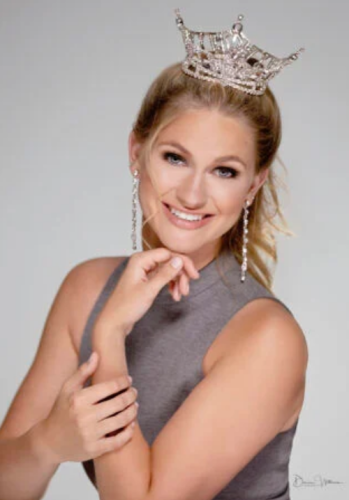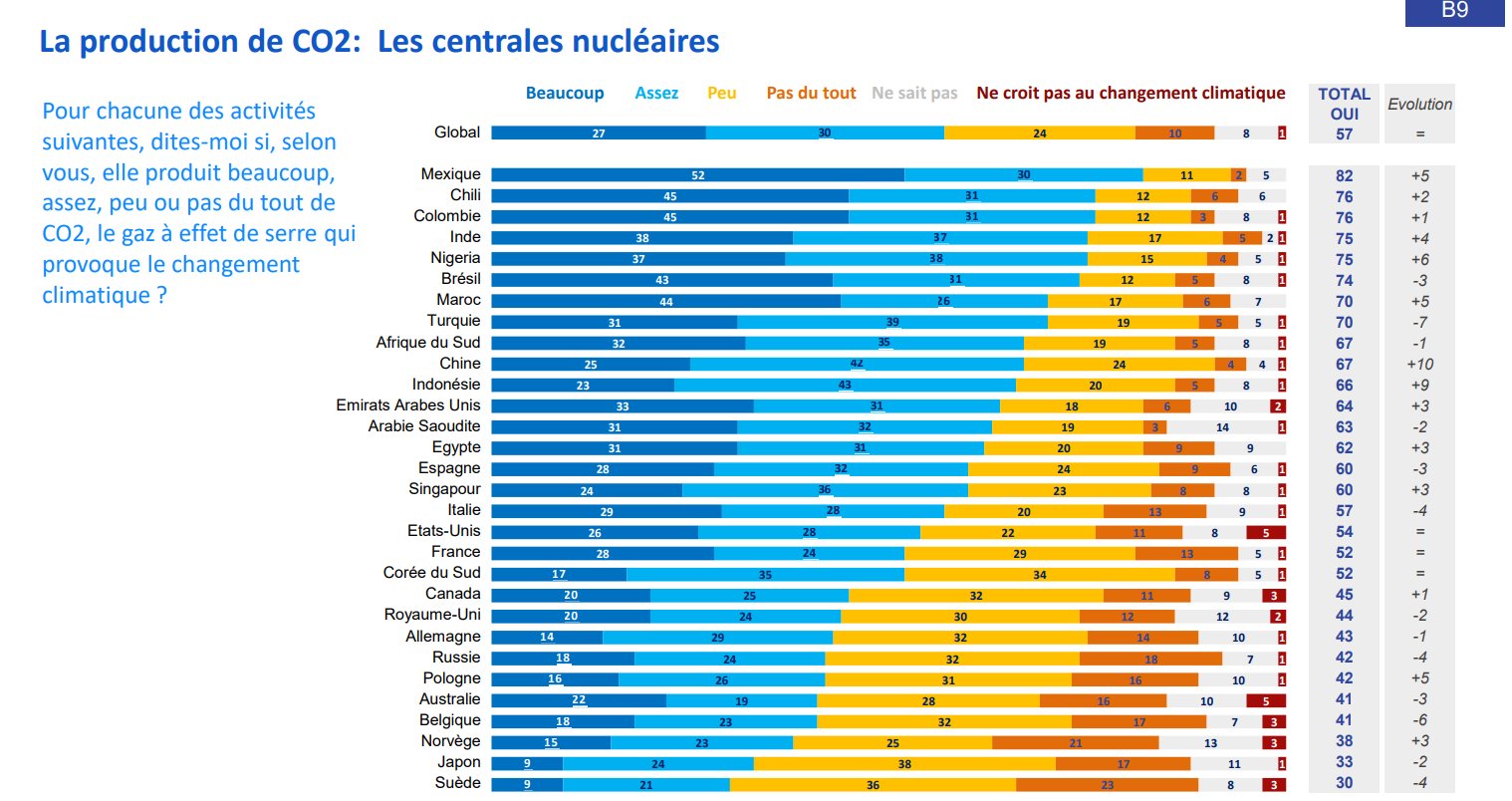Newgrange is an ancient structure in Ireland so constructed that the sun, at the exact time of the winter solstice, shines directly down a long corridor and illuminates the inner chamber. More about Newgrange here and here.
Grim has an Arthurian passage about the Solstice.
Don Sensing has thoughts astronomical, historical, and theological about the Star of Bethlehem.
Vienna Boys Choir, from Maggie’s Farm
Snowflakes and snow crystals, from Cal Tech. Lots of great photos
In the bleak midwinter, from King’s College Cambridge
The first radio broadcast of voice and music took place on Christmas Eve, 1906. (although there is debate about the historical veracity of this story)
An air traffic control version of The Night Before Christmas.
O Come, O Come, Emmanuel, sung by Enya
A Christmas-appropriate poem from Rudyard Kipling
Another poem, by Robert Buchanan
I was curious as to what the oldest Christmas carol might be: this Billboard article suggests some possibilities.
The story of electric Christmas tree lights
Virginia Postrel on the history of Christmas stockings.
Mona Charen, who is Jewish, wonders what’s going on with the Christians?
The 2017 Christmas season, in combination with the Churchill movie Darkest Hour, reminded me something written by the French author Georges Bernanos: A Tale for Children. Especially meaningful this year, when the outlook appears so dark in many ways.
Here’s a passage I’ve always liked from Thomas Pynchon’s great novel Gravity’s Rainbow. The setting: it is the grim winter of 1944, just before Christmas. The military situation in Europe is not good, and WWII seems as if it will never end. London is under attack by V-2 rockets and V-1 cruise missiles (as they would be called today.) Roger and Jessica, two of the main characters, are driving in a rural area in England and come upon a church where carols are being sung. They decide to go inside.
They walked through the tracks of all the others in the snow, she gravely on his arm, wind blowing her hair to snarls, heels slipping once on ice. “To hear the music,” he explained.
Tonight’s scratch choir was all male, epauletted shoulders visible under the wide necks of white robes, and many faces nearly as white with the exhaustion of soaked and muddy fields, midwatches, cables strummed by the nervous balloons sunfishing in the clouds, tents whose lights inside shone nuclear at twilight, soullike, through the cross-hatched walls, turning canvas to fine gauze, while the wind drummed there…..The children are away dreaming, but the Empire has no place for dreams and it’s Adults Only in here tonight, here in this refuge with the lamps burning deep, in pre-Cambrian exhalation, savory as food cooking, heavy as soot. And 60 miles up the rockets hanging the measureless instant over the black North Sea before the fall, ever faster, to orange heat, Christmas star, in helpless plunge to Earth. Lower in the sky the flying bombs are out too, roaring like the Adversary, seeking whom they may devour. It’s a long walk home tonight. Listen to this mock-angel singing, let your communion be at least in listening, even if they are not spokesmen for your exact hopes, your exact, darkest terror, listen. There must have been evensong here long before the news of Christ. Surely for as long as there have been nights bad as this onesomething to raise the possibility of another night that could actually, with love and cockcrows, light the path home, banish the Adversary, destroy the boundaries between our lands, our bodies, our stories, all false, about who we are: for the one night, leaving only the clear way home and the memory of the infant you saw, almost too frail, there’s too much shit in these streets, camels and other beasts stir heavily outside, each hoof a chance to wipe him out…….But on the way home tonight, you wish you’d picked him up, held him a bit. Just held him, very close to your heart, his cheek by the hollow of your shoulder, full of sleep. As if it were you who could, somehow, save him. For the moment not caring who you’re supposed to be registered as. For the moment, anyway, no longer who the Caesars say you are.
O Jesu parvule
Nach dir is mir so weh…
So this pickup group, these exiles and horny kids, sullen civilians called up in their middle age…….give you this evensong, climaxing now with its rising fragment of some ancient scale, voices overlapping threee and fourfold, filling the entire hollow of the churchno counterfeit baby, no announcement of the Kingdom, not even a try at warming or lighting this terrible night, only, damn us, our scruffy obligatory little cry, our maximum reach outwardpraise be to God!for you to take back to your war-address, your war-identity, across the snow’s footprints and tire tracks finally to the path you must create by yourself, alone in the dark. Whether you want it or not, whatever seas you have crossed, the way home…


